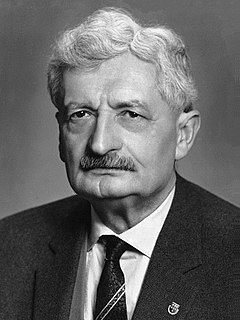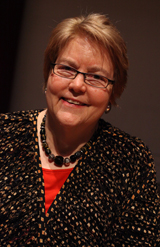A Quote by Gregory Benford
Terraforming our moon will take many decades and vast abilities. Before we can begin, we'll have to master the resources of our solar system - especially transporting raw masses over interplanetary distances.
Related Quotes
The full implications of feminism will evolve over time, as we organize, experiment, think, analyze, and revise our ideas and strategies in light of our experiences. No theory emerges in full detail overnight; the dominant theories of our day have expanded and changed over many decades. That it will take time should not discourage us. That we might fail to pursue our ideas - given the enormous need for them in society today - is unconscionable.
I used to be a strong believer that we would eventually colonize the solar system the way it's been done in science fiction many, many times: bases on the moon, Mars colonized, move out to the outer planets, then we go to the next solar system and build a colony there. I don't know now - I'm not as convinced that's the way it's going to pan out.
The suppression of uncomfortable ideas may be common in religion or in politics, but it is not the path to knowledge, and there's no place for it in the endeavor of science. We do not know beforehand where fundamental insights will arise from about our mysterious and lovely solar system. The history of our study of our solar system shows us clearly that accepted and conventional ideas are often wrong, and that fundamental insights can arise from the most unexpected sources.
The rage for road building is beneficent for America, where vast distance is so main a consideration in our domestic politics andtrade, inasmuch as the great political promise of the invention is to hold the Union staunch, whose days already seem numbered by the mere inconvenience of transporting representatives, judges and officers across such tedious distances of land and water.
Our neighborhood - this solar system, the cosmos, actually - is so much more vast and amazing than the paltry headlines, insanity, and politics crammed at us daily as so-called news. The beauty of the hood and discoveries that await us are deserving of our attention and mandatory to our survival as a species.
It's only when movement becomes the most natural state in our lives that we can finally begin to enjoy the motion. And it's only when standing still becomes impossible that we can finally embrace the kinds of changes that are inevitable in our lives.
We were not designed to stand still. If we were, we'd have at least three legs. We were designed to move. Our bodies are bodies that have walked across vast continents. Our bodies are bodies that have carried objects of art and war over great distances. We are no less mobile than our ancestors. We are athletes. We are warriors. We are human.
What do you know about yourself? What are your stories? The ones you tell yourself, and the ones told by others. All of us begin somewhere. Though I suppose the truth is that we begin more than once; we begin many times. Over and over, we start our own tales, compose our own stories, whether our lives are short or long. Until at last all our beginnings come down to just one end, and the tale of who we are is done.
We call our intuition our sixth sense, but in reality it would be called our first sense, because it's rooted in quantum nature of reality. It was around long before our solar system and our planetary system were even formulated or even organized. It is at the basis of how our normal sensing works. So instead of being our sixth sense or even â€" using the parapsychological term â€" "extrasensory perception," it's not. It's at the basis of our perception, and that's the quantum world.





































